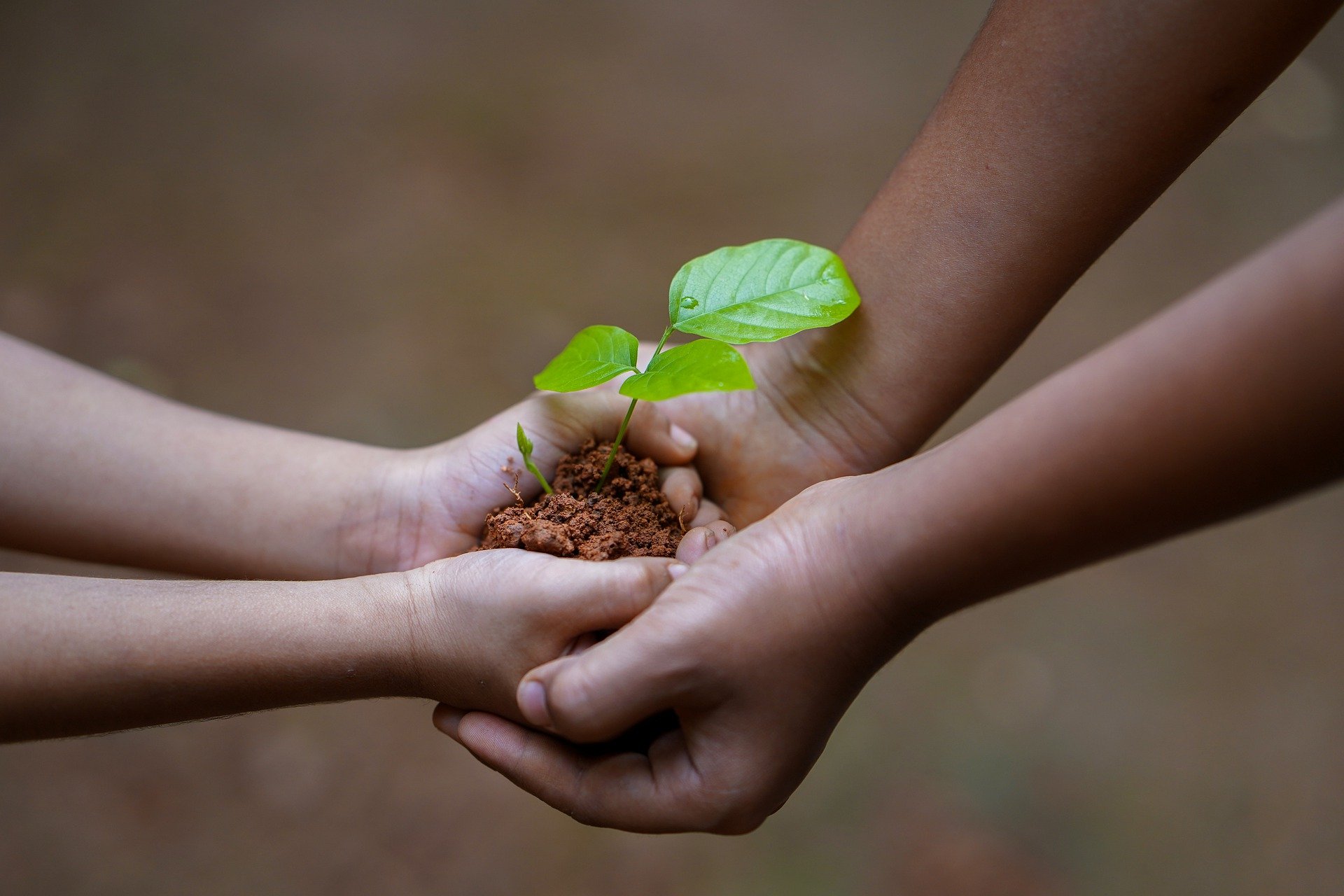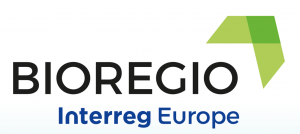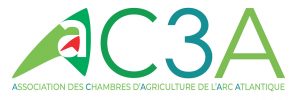Will the economic recovery be bio-based?


How to adapt the economy in the short term and prevent crises in the medium to long term? This is the question that governments are asking themselves in the wake of the COVID pandemic and the ensuing economic crisis. The bioeconomy[1], the economy of biomass, is a strategic option for decarbonizing and relocating the production, processing, distribution and valorisation of goods and services. The French government wants to transform the economy and create new jobs; but what is the place of the bioeconomy in this vision? In concrete terms, how much money will be allocated to sectors that directly or indirectly concern the bioeconomy?
The post-COVID world: towards the extension of the bioeconomy in the EU?
At the European level, the European BioMonitor programme reports statements by researchers who believe that the post-COVID period is an opportunity for the development of the bioeconomy in Europe.
The COVID pandemic is a major challenge for the European Union, which has to adapt very quickly, but the economic crisis that follows is a “big test” (D. Zilberman, economist at UC Berkeley). EU could rely on its natural resources to build a common economic project.
The European bioeconomy, which represents an annual turnover of 2 trillion euros and employs 18 million people, is a tremendous development opportunity for the European Union due to its diversity of actors and territories.
Indeed, by basing their products and services on the bioeconomy, human societies are organizing the return of organic matter to the ground at lower cost: this means fewer materials that are difficult to manage and process, i.e. a minimization of the risks of crises. As the saying goes, “it is better to prevent than to cure” the various crises to come, whether they are economic, energy, food, climate or health crises.
“The pandemic will stay with us, (…). The debate about appropriate responses and implications for the bioeconomy needs to and will continue,” concludes Justus Wesseler, BioMonitor programme coordinator.
A French recovery strategy based on ecology, competitiveness and cohesion.
Thus, 100 billion euros, including 40 billion euros of European contributions, will be spent over two years (2021 – 2022) and financed by different instruments (finance laws, PIA4, social security).
Indirectly linked to bioeconomy, an envelope of nearly €7 billion will be devoted to thermal renovation. Indeed, biosourced insulators, which are part of the bioeconomy, are today more expensive to produce but are very efficient and less dangerous for health. The sectors could be developed through these investments in a long-term vision of the use of materials.
In the field of green innovations and technologies, €3.4 billion is planned for decarbonated energies (recycling, bio-sourced products and industrial biotechnologies).
The agro-ecological transition should benefit from 1 billion euros, with 100 million euros devoted to plant proteins, 300 million euros for the support of organic and high environmental value (HVE) agriculture, short circuits and territorial food plans. Finally, €300 million will be devoted to livestock farming and the modernization of slaughterhouses. In addition, part of the budget of the measure on the relocation of strategic industries will be dedicated to agri-food.
Biomass will be mobilized and protected through various measures: 200 million euros will be available from 2020 for the decarbonization of industry by substituting biomass for fossil fuels. There are also 200 million euros planned for the forest-based sector, which will make it possible to offset 20% of greenhouse gas emissions, and 250 million euros dedicated to biodiversity and risk prevention.
Finally, €100 million will be dedicated to supporting investment in equipment to facilitate sorting at source, collection and recovery of bio-waste and €50 million is allocated to fisheries.
These combined measures (not including thermal renovation) bring the “bioeconomy” envelope to €5.2 billion out of the €30 billion for the “ecological transition”. It remains to be seen to what extent the “competitiveness and innovation” and “social and territorial cohesion” strands will directly or indirectly benefit the bioeconomy sectors.
The Pays de la Loire region: an experimental area for a bio-economic revival?
The subject of the bioeconomy is very present in the Pays de la Loire region: the regional recovery plan (€332 million) gives pride of place to green growth by devoting €100 million to it. The Pays de la Loire region has set itself ambitious objectives to develop the local economy (agriculture, fishing), decarbonated energies and the circular economy. In addition, the region is a test area for the ConcerTO approach developed by ADEME and dedicated to the territorial management of biomass.
Furthermore, it is one of the six European regions of the BIOREGIO project, which has been working since 2017 on the development of public policies linked to the bioeconomy, circular and sustainable. Funded by the INTERREG Europe programme, and coordinated by the University of Applied Sciences of Lahti (Finland), this project has already led to the formalization of six regional action plans, to be implemented in 2020-2021 (Find out more about the action plan in Pays de la Loire).
[1] European comission’s definition : “the production of renewable biological resources and the conversion of these resources and waste streams into value added products, such as food, feed, bio-based products and bioenergy. Its sectors and industries have strong innovation potential due to their use of a wide range of sciences, enabling and industrial technologies, along with local and tacit knowledge.” Source: “Innovating for Sustainable Growth – A Bioeconomy for Europe” (2012).
- News
